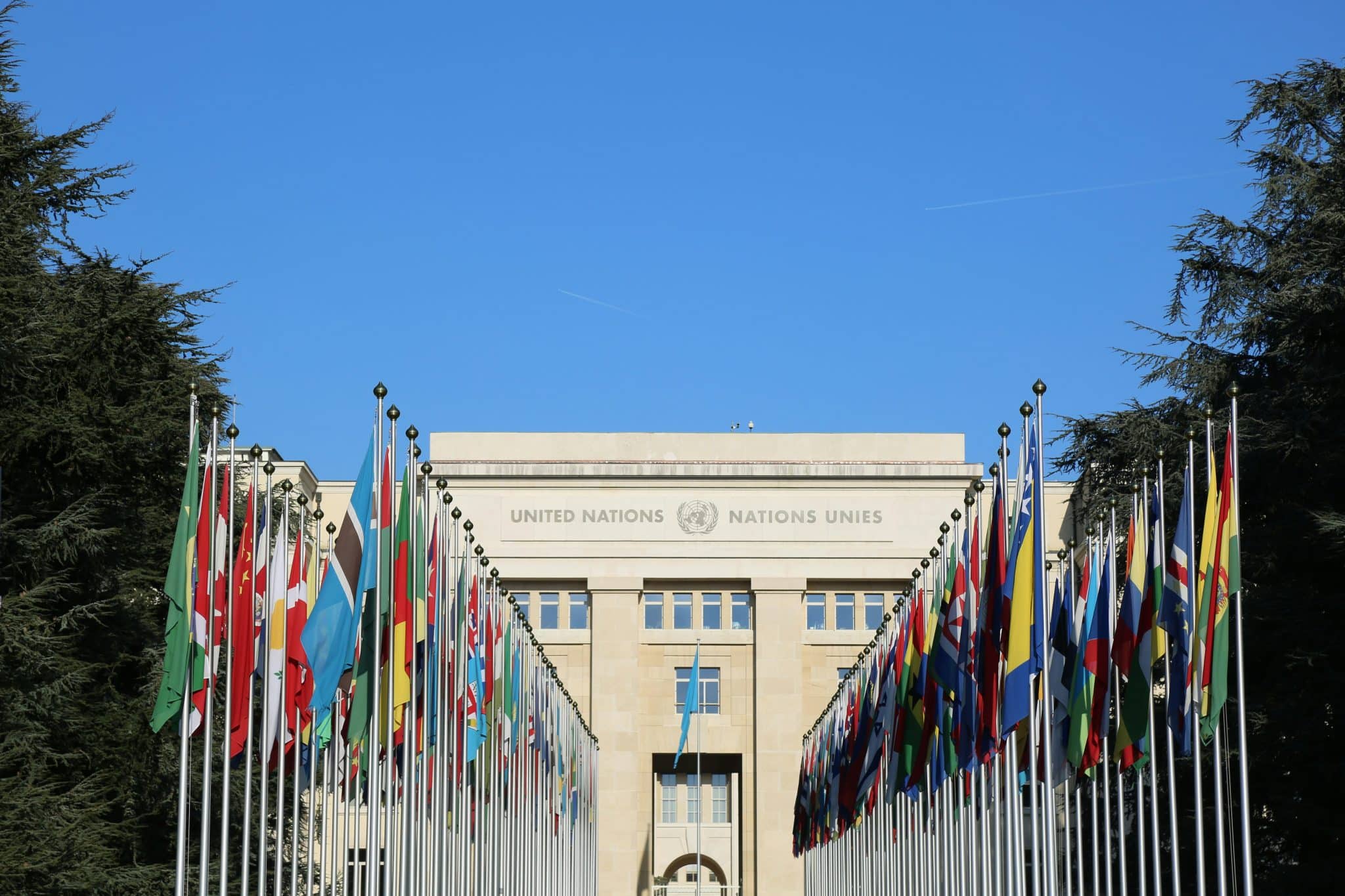The relationship between prayer and morals
Bishop Emeritus Robert M Solomon // November 6, 2018, 5:26 pm

Photo by Ümit Bulut on Unsplash
The relationship between prayer and conscience is not as frequently or readily seen as it should be, but it is an important relationship.
We read in the Philokalia that “a good conscience is found through prayer, and pure prayer through conscience. Each by nature needs the other”.
Dennis Billy and James Keating explain this relationship in this way:
Prayer helps conscience by opening it up to the divine and enabling it to discern more clearly the good to be done and the evil to be avoided in the daily circumstances of life. Conscience, in turn, helps prayer by providing the moral starting point from which a person sets out and seeks with each new day to love more intensely and walk more closely with the Lord.
Each needs, and can hardly do without, the other. They are two legs with which Christians set out each day to walk together with Christ in their journey to God.
Drawing the connections
Another way of setting forth this relationship between prayer and the conscience is to say that there is a close and essential relationship between spirituality and the moral life. The prayerful person is one who will grow in moral consciousness.
Prayer helps to shape the conscience because it brings the person to a deeper relationship with God and gives an opportunity for the person to discern and know the will of God.
The prayerful person is one who will grow in moral consciousness.
Such prayer is often nurtured (in our age of speed and distraction) in the seldom-practised disciplines of solitude, silence and stillness.
Within this kind of prayer, our self-deceptions, foolish ways and self-centredness will be unmasked by the loving gaze of God, and our conscience will learn precious lessons about the deep ways of God and the deeply embedded sinfulness within us.
This is better understood in terms of a worshipping and praying community rather than theoretical and rational discourses on ethics as Vigen Guroian argues:
One clue to the decline of Christian morality is the fact that the “specialists” who propound it seem to have lost all sense of its origins in and relationship to the prayer and worship of Christians. As a result, Christian ethics is often defined as a rational system of rules and principles residing in theological texts available to believer and unbeliever alike.
This way of conceiving Christian ethics … has become increasingly strange to (the thousands of silent believers, who worship in spirit and truth) … we need to rediscover the ecclesial context of Christian ethics. Christian ethics is grounded … not in what individual Christian ethicists write (regarding the conversation with culture via the natural law) but in what all Christians do together in community.
It is not that theoretical and rational discourse is not important or has no value in educating the conscience but it must not replace the place of prayer and spirituality, worship and devotion in shaping the conscience in ways that the other methods cannot.
Such prayer, of course, is not practised specifically as a method for conscience formation, but the conscience is shaped as a result of seeking to love God through a life of prayer.
It is the wonderful fruit of prayer.
The moral dimension of maturity
Many years ago, a visiting American Christian leader and I were passengers in a car driven by a Christian leader in Singapore.
All was well until the driver deliberately did an illegal U-turn – the visitor looked at me with a raised eyebrow and troubled look, as if asking: “Is that not wrong?”
In prayer, our self-deceptions, foolish ways and self-centredness are unmasked by the loving gaze of God.
Perhaps we can explain that there was a cultural difference in that Asians are more shame-oriented while Westerners may be more guilt-oriented.
Therefore, an Asian Christian leader would have no problem performing an illegal U-turn, as long as he does not get caught, and if he does, it is still acceptable as long as it is not reported in the newspapers!
Or could it be a case of a Christian leader operating at a “lower level” (in Lawrence Kohlberg’s scheme of moral development), therefore needing to mature in his moral reasoning and functioning?
These are the kinds of things we need to be reflecting on and teaching Christians to think through so that they may be more biblical and moral in the way they think and behave.
There is surely a moral dimension in Christian maturity and holiness.
This article is an excerpt from the book, The Conscience: Rediscovering the Inner Compass (Singapore, Armour Publishing, 2014) and is republished with permission. The book is available for purchase here.
We are an independent, non-profit organisation that relies on the generosity of our readers, such as yourself, to continue serving the kingdom. Every dollar donated goes directly back into our editorial coverage.
Would you consider partnering with us in our kingdom work by supporting us financially, either as a one-off donation, or a recurring pledge?
Support Salt&Light




